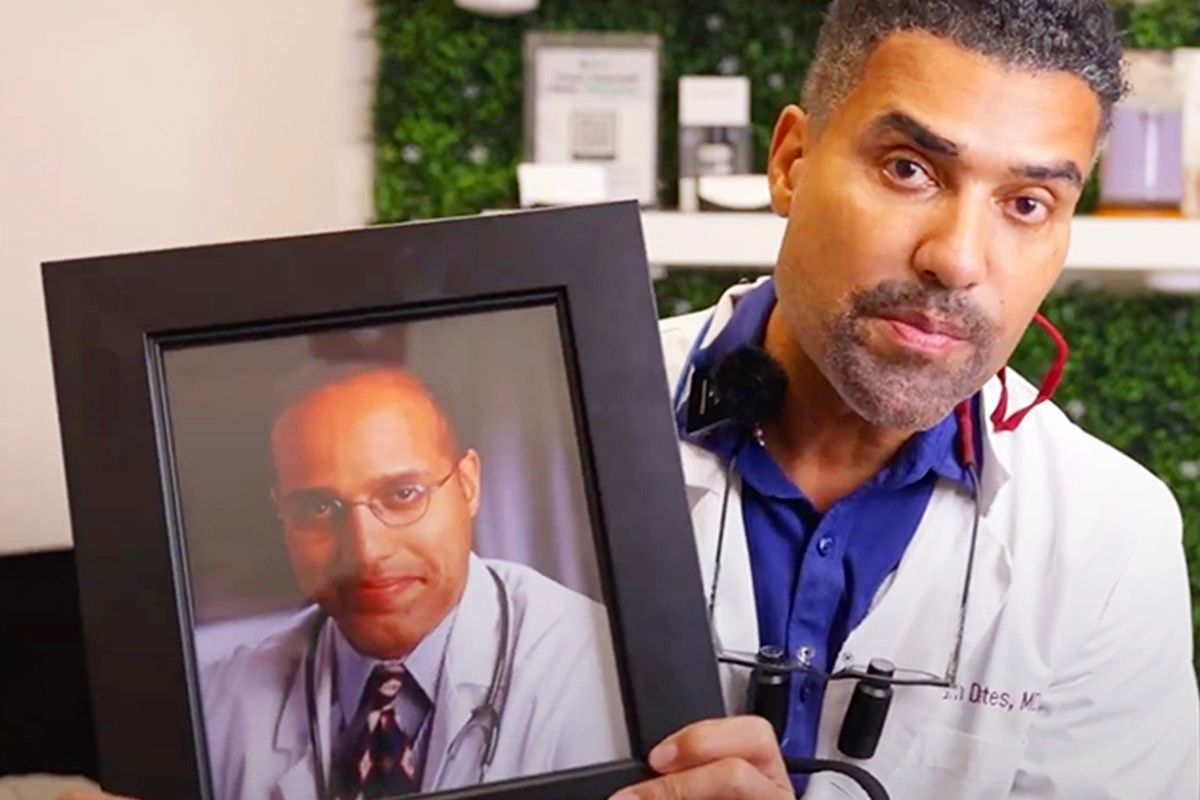



For many athletes, the thrill of the game comes with an unexpected opponent: hair loss. This condition, often overlooked in the sports community, poses not just a cosmetic concern but also a psychological one, impacting confidence and self-image. But what truly causes hair loss in athletes, and more importantly, how can it be addressed?
Hair loss in athletes is more common than many think, caused by a combination of physical and psychological stress. According to a study referenced in the National Institutes of Health, Androgenetic alopecia (AGA), the most prevalent type of hair loss, is influenced by both genetic predispositions and various non-genetic factors, including those related to intense physical activity. This suggests that the rigorous training and competitive environments athletes are often subjected to can play a significant role in the development of hair loss conditions. Let's take a look at the primary causes:
Athletes facing hair loss need strategies that tackle the root causes, from adjusting their nutrition and training routines to adopting better hygiene practices. These proactive steps will help them maintain not only their physical prowess but also their confidence and mental well-being.
Before we look more closely at effective treatments, let's clear up some common misunderstandings about hair loss:
Understanding the truth behind these myths is crucial in addressing hair loss effectively and maintaining both physical and mental well-being. Knowledge is power, especially when it comes to debunking misconceptions and promoting healthier lifestyles.
Acknowledging the problem is the first step. The next is exploring effective treatments that offer hair support and thickening. Here, we focus on solutions that have shown promise in dealing with hair loss:
Nutritional Adjustments
Scalp Care
Stress Management
Medical Treatments
Treatments such as topical minoxidil or platelet-rich plasma (PRP) therapy have been noted for their potential benefits for those seeking professional intervention. However, it's crucial to consult with a healthcare provider to choose the best course of action tailored to your specific situation.
Exploring a range of treatments offers hope and potential solutions for athletes experiencing hair loss. Tailoring these strategies to individual needs with professional guidance can lead to improved hair health and overall well-being.
Science and medicine offer advanced solutions for those looking for more than lifestyle adjustments. It's crucial to approach these options with a healthcare professional who understands hair loss and can provide personalized advice.
Low-Level Laser Therapy (LLLT)
Platelet-Rich Plasma (PRP) Therapy
Medications
While over-the-counter solutions like minoxidil are widely known, prescription medications also play a role in treating hair loss. Finasteride, for example, is used to treat male pattern baldness by decreasing the amount of a natural body hormone (DHT) that causes hair loss.
Developing a comprehensive approach to tackling hair loss requires a combination of knowledge, patience, and consistency. Here are some steps to consider:
While hair loss s can be a challenging issue, it's important to remember that you're not alone. With the right approach, resources, and support, it's possible to overcome this obstacle and emerge stronger.
If you're an athlete facing the challenge of hair loss and seeking solutions that provide support and thickening, it's time to take action. Yates MD specializes in addressing hair loss with a focus on treatments that cater specifically to your needs. Don't let hair loss hold you back from achieving your best both on and off the field. Visit Yates MD today for more information on how you can regain control over your hair health.
Hair loss in athletes is a complex problem that needs a thorough strategy to tackle successfully. Understanding the root causes, looking into possible treatments, and actively working towards better hair health allow athletes to handle this issue confidently. Keep in mind, every person's experience is different, and what helps one individual might not help another. It's important to be patient, keep learning, and get advice customized to your particular situation.



Ready to love your hair? Call 312.883.9617 for a FREE quote & consultation or fill out the form below
OUR LOCATION
213 N. Stetson Ave
Chicago, IL 60601
HOURS
Copyright ©2025 Dr. Yates Hair Science | All Rights Reserved
Powered by HEAVY LEVITY